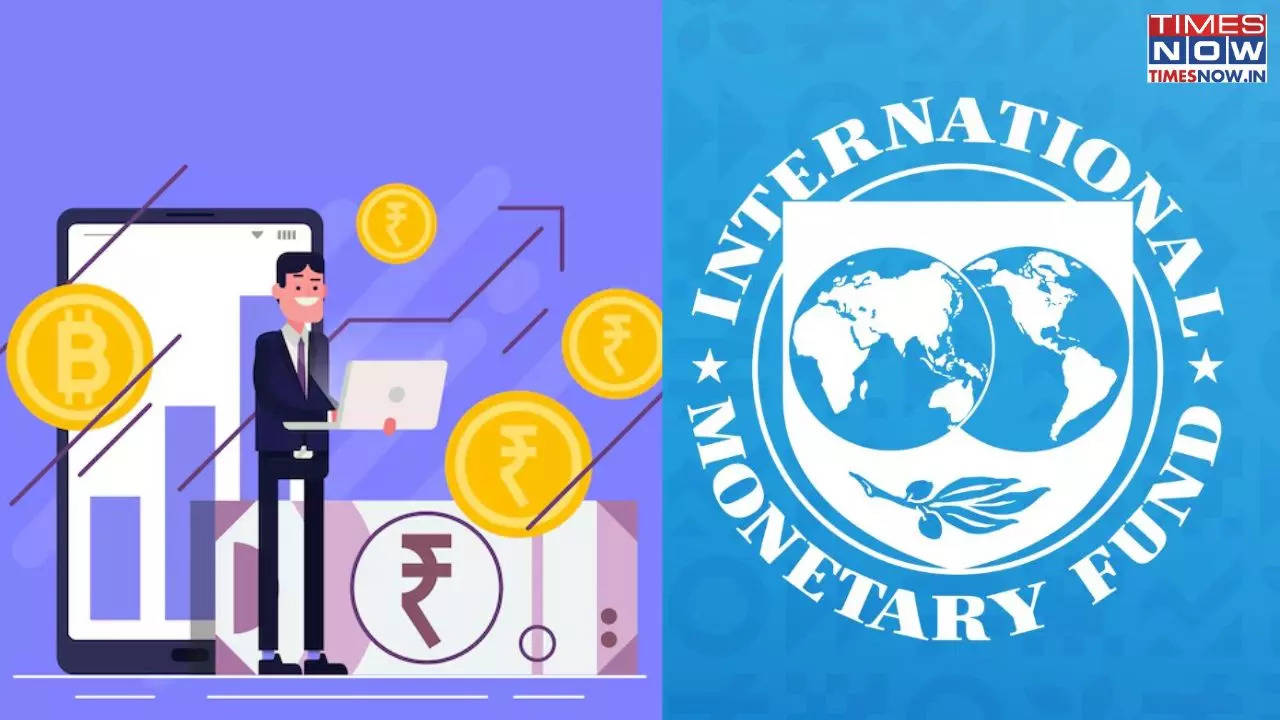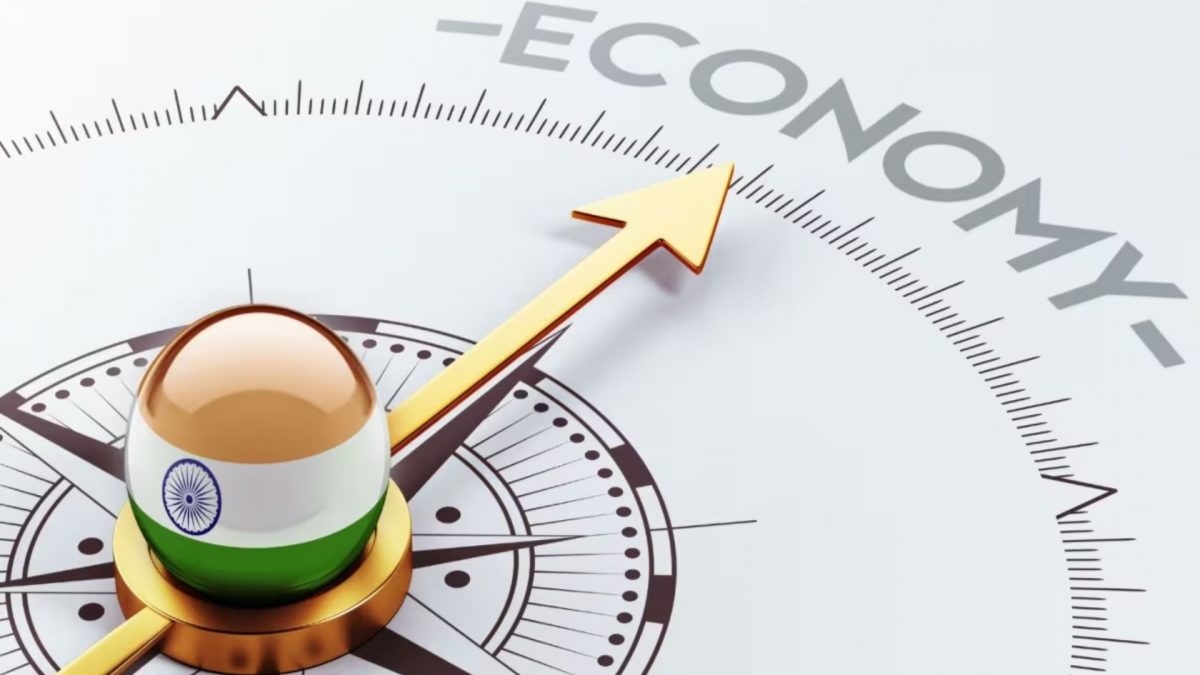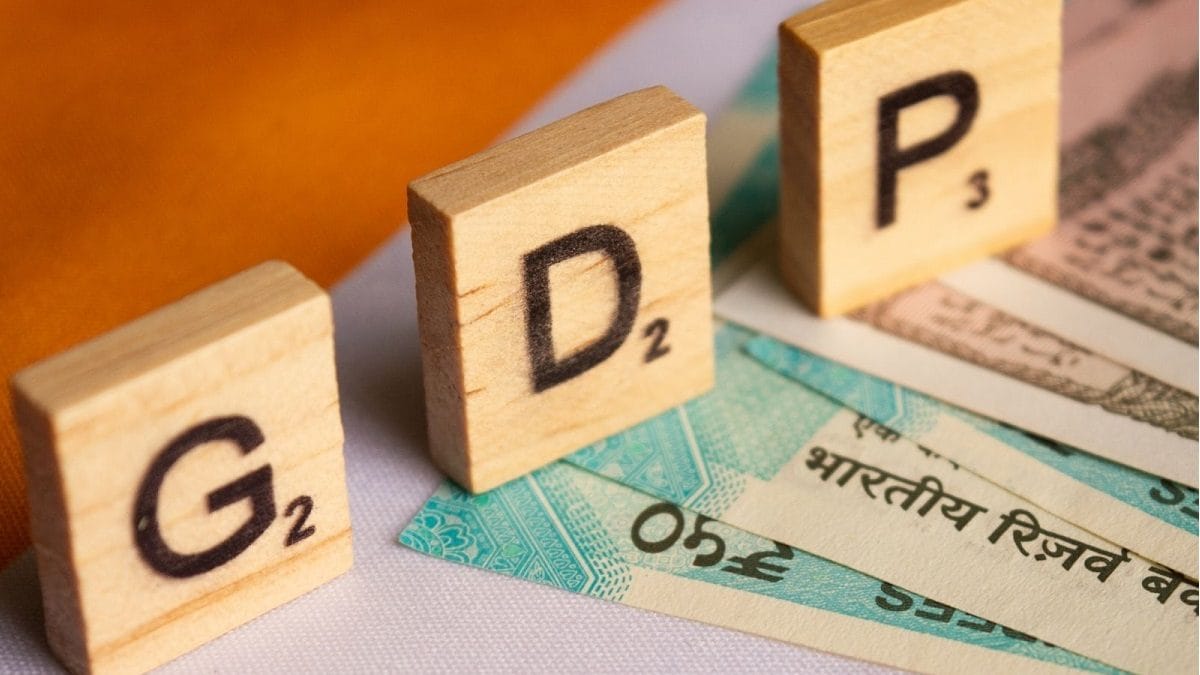



)

)


India's economic landscape is currently characterized by a projected deceleration in GDP growth, with estimates dropping from 8.2% in 2023-24 to 6.4% in 2024-25, marking the lowest growth rate since 2012-13, excluding the pandemic years of 2019-20 and 2020-21 [7a4fa040]. This slowdown is pervasive across most sectors, with the notable exception of agriculture, livestock, forestry, and public administration, which have shown resilience [7a4fa040].
The International Monetary Fund (IMF) previously projected India's GDP to grow at 6.5% in the fiscal year 2024-25, with a slight increase to 6.8% in 2025-26, indicating a more optimistic outlook compared to the recent analysis [73a0e130]. However, experts are raising concerns about the overestimation of agricultural production, suggesting that the actual growth may not be as robust as reported [7a4fa040].
Slackening demand has emerged as a critical factor driving the economic downturn, with the IMF's Gita Gopinath emphasizing the need for deeper structural reforms to sustain growth [ba209f42]. Despite the government's increased spending on services, which has positively impacted GDP figures, the overall economic environment remains challenging [7a4fa040].
The World Economic Forum (WEF) has expressed confidence in India's growth, with 61% of chief economists believing in strong growth for South Asia, particularly India, despite a general expectation of decline globally [15a190eb]. However, the UN's World Economic Situation and Prospects report projects a growth rate of 6.6% for 2025 and 6.8% for 2026, which may indicate a more cautious outlook [616183e5].
As India navigates these economic challenges, the interplay between growth and inflation will be critical in shaping its future. The Ministry of Finance has projected full-year GDP growth to be between 6.5% and 7%, reflecting cautious optimism amid these challenges [1f36e458]. Rising income inequality remains a pressing concern, with wealth concentrated among the richest individuals, further complicating the economic landscape [1f36e458].
The Economic Survey for 2024-25 has emphasized the necessity for increased infrastructure spending, highlighting a 38.8% rise in capital expenditure from FY20 to FY24. It warns of potential downturns that could affect capital flows and investor sentiment, particularly noting the impact of the rising dollar and US policy rates on emerging markets [059f0601]. The survey projects India's GDP growth for FY26 to be between 6.3% and 6.8%, while also cautioning that a correction in US markets could significantly impact Indian stocks, especially with many new retail investors who may not have experienced a significant market correction [059f0601].
The upcoming budget announcement on February 1, 2025, is expected to focus on restoring capital expenditure growth momentum, which has contracted by 12.3% in FY25 [ea53695e]. Analysts suggest that the budget should increase capital expenditure by at least 20% to counter the slowing growth and boost infrastructure spending [ea53695e]. The fiscal deficit is estimated at 4.8% of GDP for FY25, slightly lower than the budgeted 4.9%, with expectations for balancing fiscal stimulus and consolidation in the FY26 budget [059f0601][ea53695e].
The Indian economy is facing turbulence; GDP growth rates were 7% in 2022-23, 8.2% in 2023-24, but slumped to 5.4% in Q2 2024-25, with an expected annual growth just over 6% [ce3a10d5]. The government has favored corporate policies, reducing corporate taxes by Rs 1.5 lakh crore, which has led to increased economic inequalities and decreased middle-class demand [ce3a10d5]. Consumer goods profits fell by 4% in 2024, and the automobile sector shrank significantly [ce3a10d5]. High inflation, especially in food, has reduced disposable income, further impacting GDP growth [ce3a10d5]. The Sensex dropped nearly 10,000 points from last year's high, reflecting investor concerns [ce3a10d5]. Average consumption expenditure in rural areas fell from Rs 1,587 in 2014 to Rs 1,524 by 2017-18 [ce3a10d5].
The upcoming budget is seen as an opportunity to stimulate demand through fiscal action and public investment. The new central pay commission could encourage salary increases in the private sector, while the 16th Finance Commission may address resource allocation to states [ce3a10d5]. Political challenges loom in 2026 with delimitation; failure to address economic issues could lead to deeper crises [ce3a10d5]. Understanding GDP and its calculation is essential for grasping the broader economic landscape and the implications for government policies and financial markets [77117424]. In summary, while India stands out as a bright spot in the global economy, it must address both domestic and international challenges to sustain its growth trajectory amidst the ongoing crises affecting other major economies [6b1a4b6b].